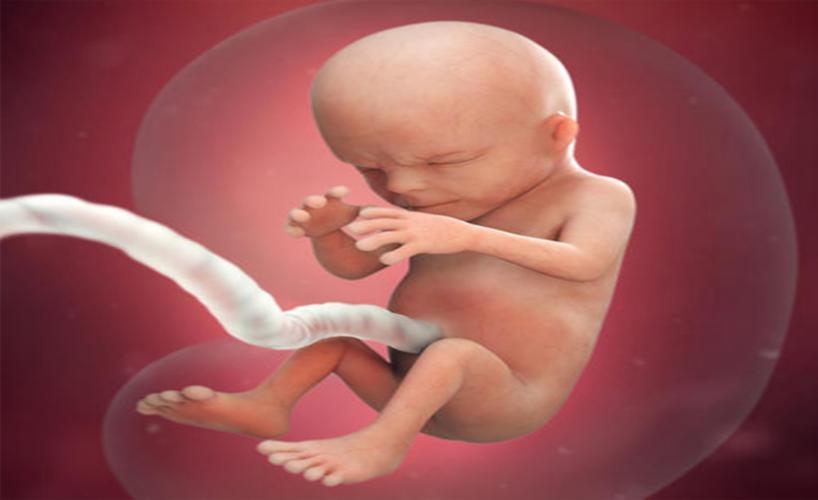14 Weeks Pregnant: Your Baby’s Development and Changes in Your Body
At 14 weeks pregnant, you’ve entered the second trimester, often considered the most enjoyable phase of pregnancy. This week marks a period of growth and change for both you and your baby. Let’s take a look at what’s happening inside your body and with your developing little one.

Your Baby’s Development
At 14 weeks, your baby continues to grow and develop at a rapid pace. Now about the size of a lemon, your baby is becoming more active and developing new skills.
- Size and Weight: Your baby is approximately 8.5 to 10 cm (3.5 to 4 inches) in length and weighs about 40 to 50 grams (1.5 to 2 ounces).
- Facial Features: Your baby’s facial features are becoming more defined, with eyebrows, eyelashes, and even a fine layer of hair starting to form.
- Movements: Your baby is now moving its arms and legs more frequently, practicing opening and closing their hands, and developing the sucking reflex.
- Gender Development: If you’re expecting a girl, her ovaries are already home to about 2 million eggs. For boys, the prostate gland is starting to develop.
- Organ Function: The liver, spleen, and kidneys are becoming more active, and your baby is now practicing swallowing by taking in amniotic fluid, which helps the digestive system grow.
- Bone Development: The cartilage in your baby’s body is beginning to harden into bone, making movements more distinct.
Changes in Your Body
This week may mark the start of a more comfortable phase of pregnancy for many women. The fatigue and nausea of the first trimester often begin to subside, and you might find yourself feeling more energized.
- Increased Energy: You may notice a rise in your energy levels, and now could be a great time to resume some gentle physical activities like walking or swimming.
- Growing Belly: As your uterus expands upwards from your pelvis, your belly might start to show a little bump. It’s becoming more apparent that you’re pregnant.
- Skin Changes: Many women experience the famous “pregnancy glow” due to increased blood flow and hormonal changes. However, some may also notice skin discolorations known as melasma or other pigmentation changes.
- Emotional Changes: Though your hormones are still fluctuating, the emotional roller coaster of the first trimester may ease off a bit. That said, it’s still normal to feel sensitive or moody from time to time.
Things to Pay Attention To
As you continue into your pregnancy, there are a few things to keep in mind to ensure both you and your baby stay healthy.
- Nutrition: Your body’s nutritional needs are increasing. Be sure to consume plenty of protein, iron, and calcium. Omega-3 fatty acids are also crucial for your baby’s brain development.
- Exercise: Regular light exercise, such as walking, swimming, or prenatal yoga, can help keep you fit and prepare your body for childbirth.
- Hydration: With your blood volume increasing, staying hydrated is more important than ever. Be sure to drink plenty of water, along with other healthy fluids.
- Doctor Visits: Keep up with your prenatal appointments. Regular checkups, ultrasounds, and blood tests will help monitor your baby’s development and your health.
Emotional Preparation
As your pregnancy progresses, you may begin to feel more balanced emotionally. This is a great time to start reading up on childbirth, joining prenatal classes, or planning your birthing experience. Preparing mentally for labor and early parenthood can help reduce anxiety as the due date approaches.
Conclusion
At 14 weeks pregnant, you’re moving into the second trimester and a potentially more comfortable phase of pregnancy. Your baby is growing rapidly, and your body is adjusting to these changes. Take care of yourself by maintaining a healthy diet, staying hydrated, and getting plenty of rest. This is a special time, and staying mindful of your needs can make the journey more enjoyable.




